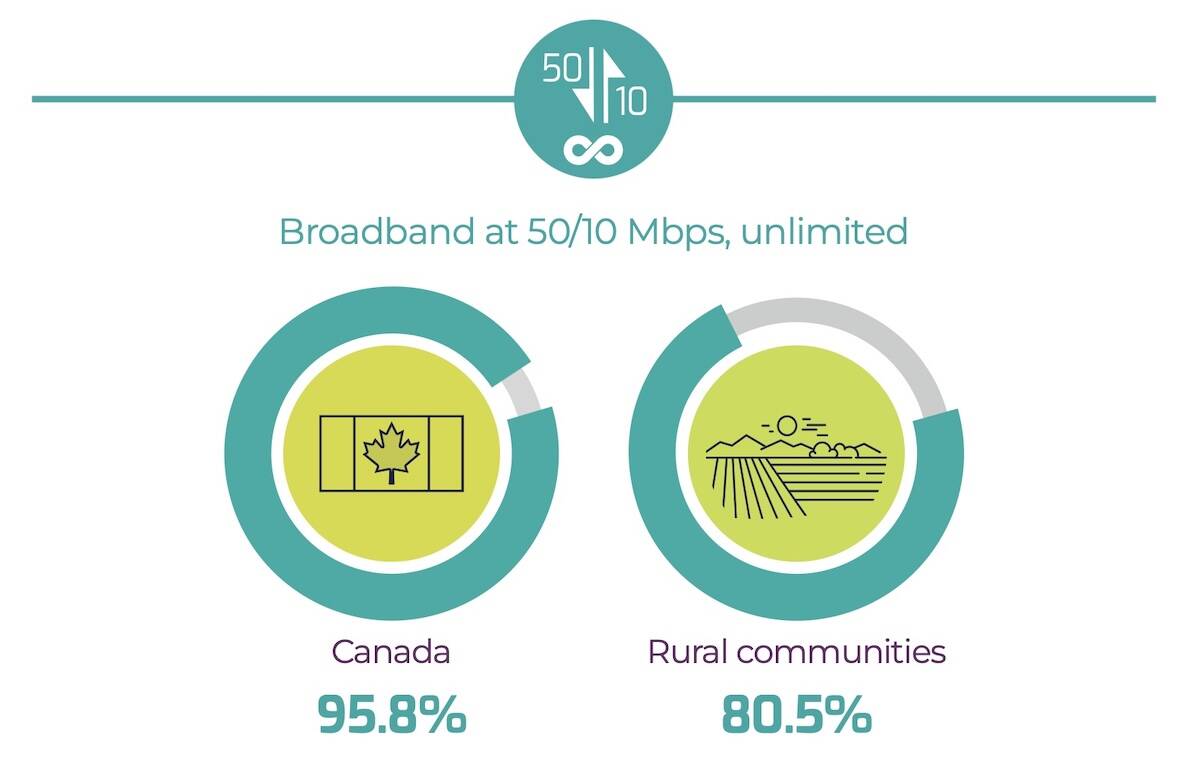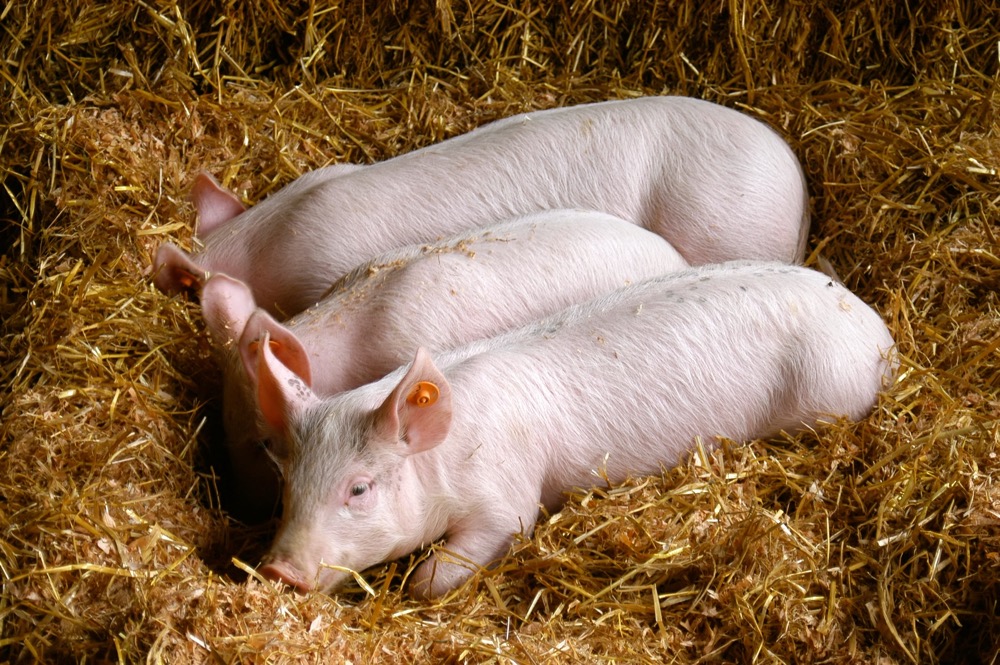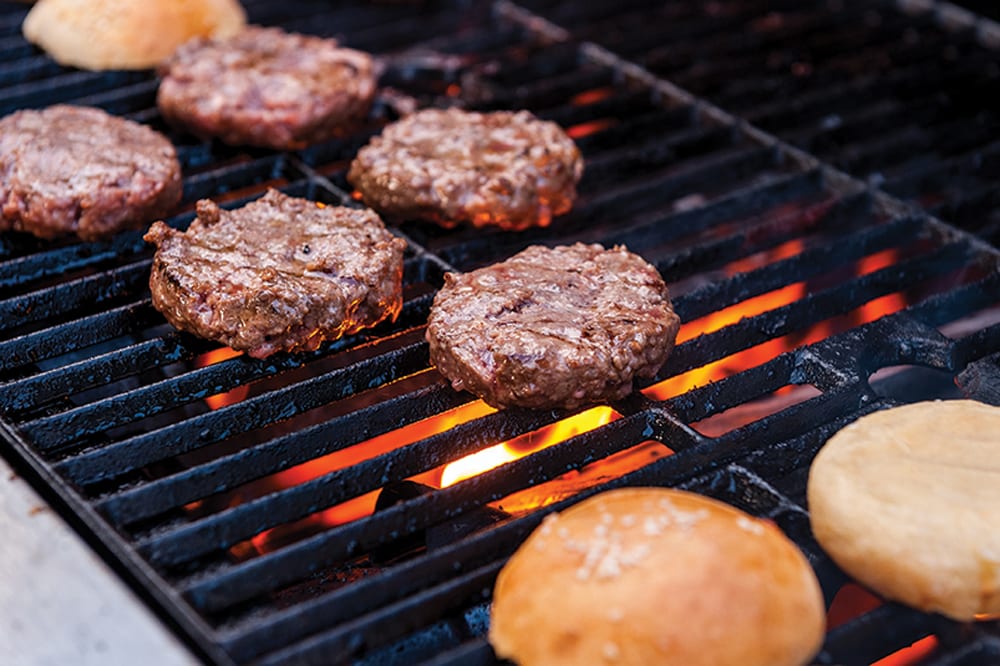The agency he heads is just five years old, but the meat business has changed so radically in that time that a whole new approach is needed, says the CEO of the Alberta Livestock and Meat Agency.
“We’ve gone from an area or a time where we’ve had so much supply and we push it into the marketplace,” Gordon Cove said at Future Fare, the agency’s annual conference.
“Now we’re starting to see an aggressive pull from the marketplace and the demand is really quite strong. While there are lots of opportunities, there continues to be challenges.”
Read Also

Rural Alberta gets further boost to internet connectivity
The province and feds join forces to help remote/rural Albertans get connected to reliable high-speed internet through its Broadband Strategy.
Among those challenges have been the E. coli contamination crisis that saw the XL Foods plant at Brooks first shut down and then sold to global giant JBS; and the arrival of porcine epidemic diarrhea. And Washington’s country-of-origin labelling law — which costs Canadian cattle and hog producers an estimated $1 billion annually — continues with no end in sight.
“We’ve been on a long journey, but we’ve come to understand a few things in the past few years,” said Cove. “We need to be open, inclusive, and to be effective in our engagement. And we need good relationships.”
The agency’s new business plan is focused on customer service — whoever the customer might be, he said.
- More from the Alberta Farmer Express: Beef benefits expected from China deal, over time
“It can be just in Canada or export, it can be throughout the value chain,” he said. “We want the highest value for our products. We know we can’t meet it all, but we need to cater to it, so we can get the best value.”
To better meet customer expectations, supply chain productivity must be improved, he said.
“We must be competitive and we believe, through research and adoption of technology, that we can do that,” he said. “Underpinning everything we do is sustainability and the social licence.”
Obtaining better access to key markets — especially Japan, China, Korea, and the European Union — is also a key focus.
Cove offered a long list of activities to show how his agency is driving change. In the 2013-14 fiscal year, it handed out $30 million in grants to 206 projects, with each dollar in funding attracting another $4. This included 50 research and development projects, which targeted animal health, healthy food, genomics, production efficiency and competitiveness. Thirteen patents arose out of this work, including one for a feed additive that can reduce greenhouse gas emissions by 60 per cent.
On the commercialization side, the agency gave $10.2 million to 78 projects. These projects focused on the adoption of best practices, new technologies, and stimulating investment in development of value-added products. This effort created 44 new products and boosted meat production in the province by 10.2 million kilograms (worth about $57 million).
“Great example: H & M Meats up in Grande Prairie,” said Cove. “Through our investment, they were able to increase its investment by 25 per cent. It’s a very successful, local processor up in the north.”
















